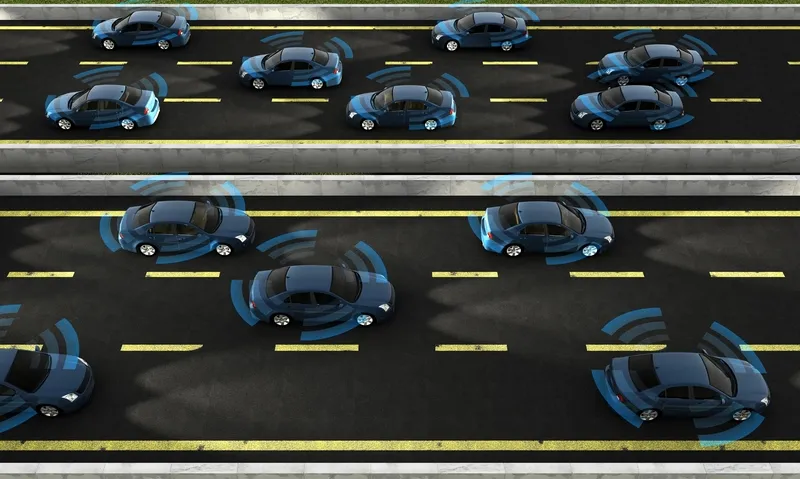Nearly US$500 million will be made available for transportation projects across the US in the eighth round of the highly successful and competitive Transportation Investment Generating Economic Recovery (TIGER) grant program.
Announcing the funding, US Transportation Secretary Anthony Foxx highlight how this will improve safety and economic opportunity in two US territories, 32 states and 40 communities across the country.
This year’s TIGER awards include US$19 million to Pittsburgh, Pennsylvania fo
August 1, 2016
Read time: 2 mins
Nearly US$500 million will be made available for transportation projects across the US in the eighth round of the highly successful and competitive Transportation Investment Generating Economic Recovery (TIGER) grant program.
Announcing the funding, US Transportation Secretary Anthony Foxx highlight how this will improve safety and economic opportunity in two US territories, 32 states and 40 communities across the country.
This year’s TIGER awards include US$19 million to Pittsburgh, Pennsylvania for the I-579 Cap Urban Connector Project to construct a cap over a below-grade portion of Interstate 579 in downtown Pittsburgh. In addition the city of Brownsville, Texas will receive US$10 million to rehabilitate a regional bus maintenance facility which will also serve as a new passenger transfer station, purchase eight hybrid transit replacement buses, renovate bus stops and fund a 2.4-mile long pedestrian/bike causeway.
Several TIGER 2016 grants also went to projects supporting the movement of freight to boost economic competitiveness. These include US$6.2 million for an inland port in Little Rock, Arkansas,US$17.7 million for a highway freight interchange in Scott County, Minnesota, and US $9.8 million for a rural freight project that crosses the South Carolina/North Carolina border.
Since 2009, the TIGER grant program has provided a combined US$5.1 billion to 421 projects in all 50 states, the District of Columbia, Puerto Rico, Guam, the Virgin Islands, and tribal communities. These federal funds leverage money from private sector partners, states, local governments, metropolitan planning organisations and transit agencies. The 2016 TIGER round alone is leveraging nearly US$500 million in federal investment to support US$1.74 billion in overall transportation investments.
Announcing the funding, US Transportation Secretary Anthony Foxx highlight how this will improve safety and economic opportunity in two US territories, 32 states and 40 communities across the country.
This year’s TIGER awards include US$19 million to Pittsburgh, Pennsylvania for the I-579 Cap Urban Connector Project to construct a cap over a below-grade portion of Interstate 579 in downtown Pittsburgh. In addition the city of Brownsville, Texas will receive US$10 million to rehabilitate a regional bus maintenance facility which will also serve as a new passenger transfer station, purchase eight hybrid transit replacement buses, renovate bus stops and fund a 2.4-mile long pedestrian/bike causeway.
Several TIGER 2016 grants also went to projects supporting the movement of freight to boost economic competitiveness. These include US$6.2 million for an inland port in Little Rock, Arkansas,US$17.7 million for a highway freight interchange in Scott County, Minnesota, and US $9.8 million for a rural freight project that crosses the South Carolina/North Carolina border.
Since 2009, the TIGER grant program has provided a combined US$5.1 billion to 421 projects in all 50 states, the District of Columbia, Puerto Rico, Guam, the Virgin Islands, and tribal communities. These federal funds leverage money from private sector partners, states, local governments, metropolitan planning organisations and transit agencies. The 2016 TIGER round alone is leveraging nearly US$500 million in federal investment to support US$1.74 billion in overall transportation investments.








